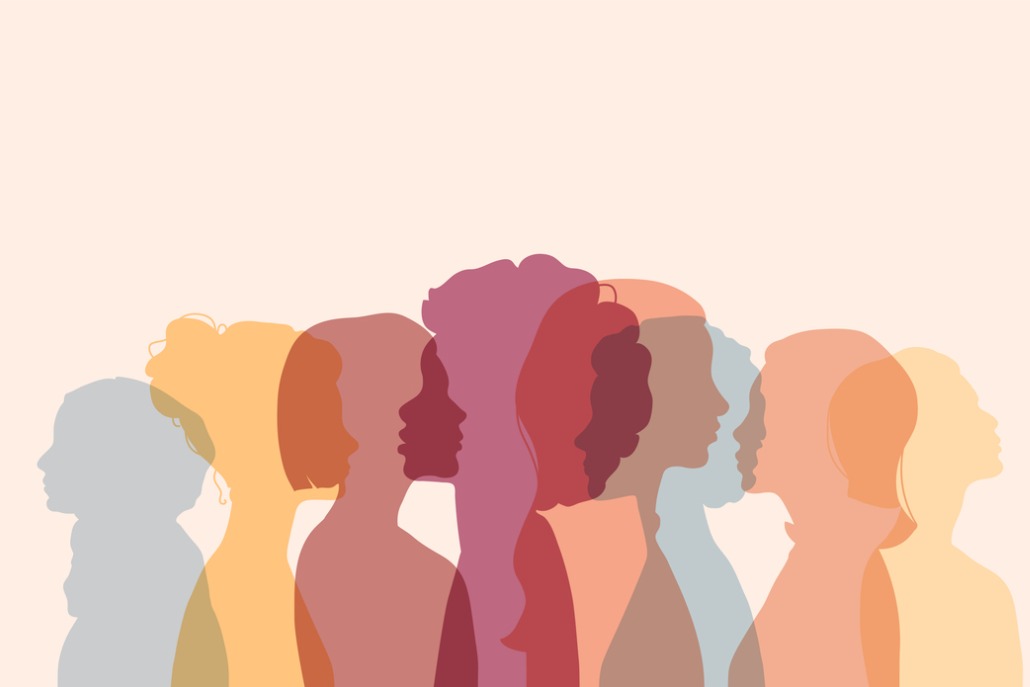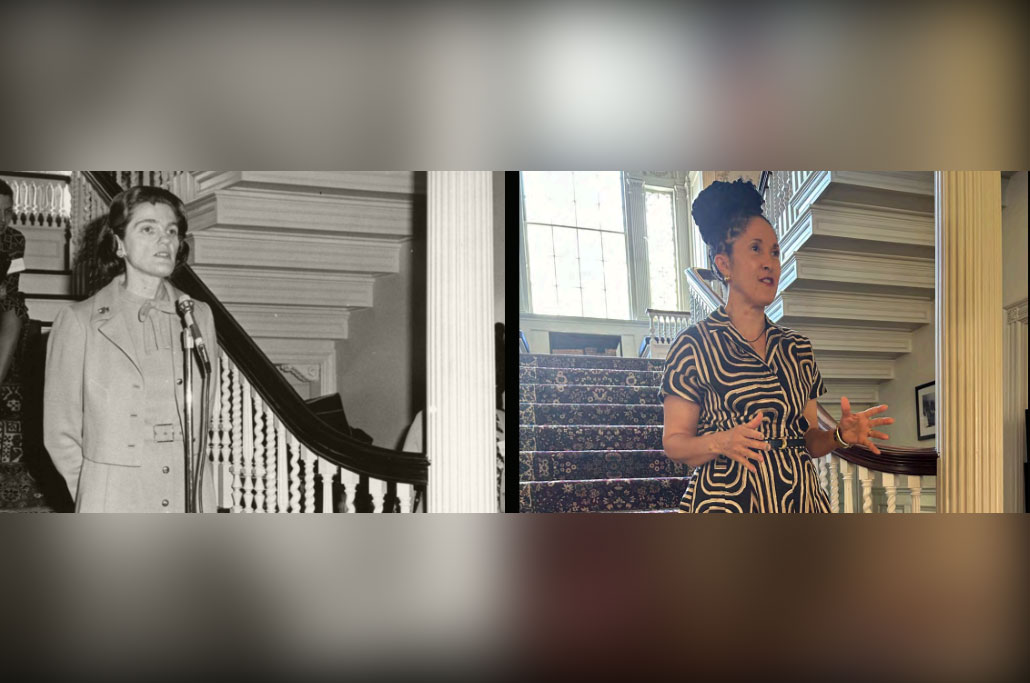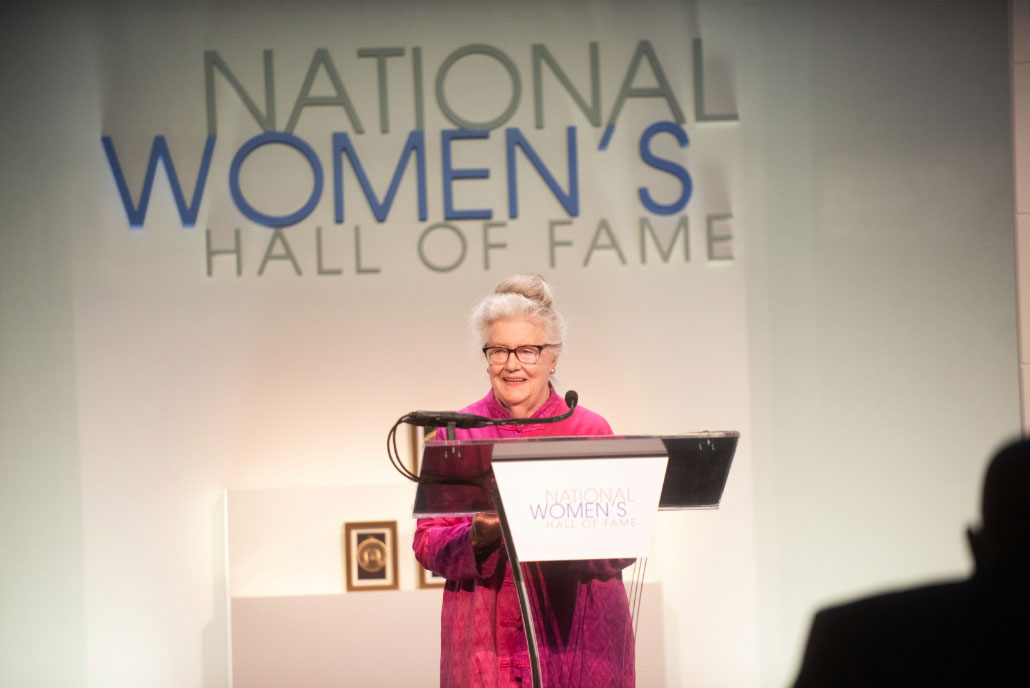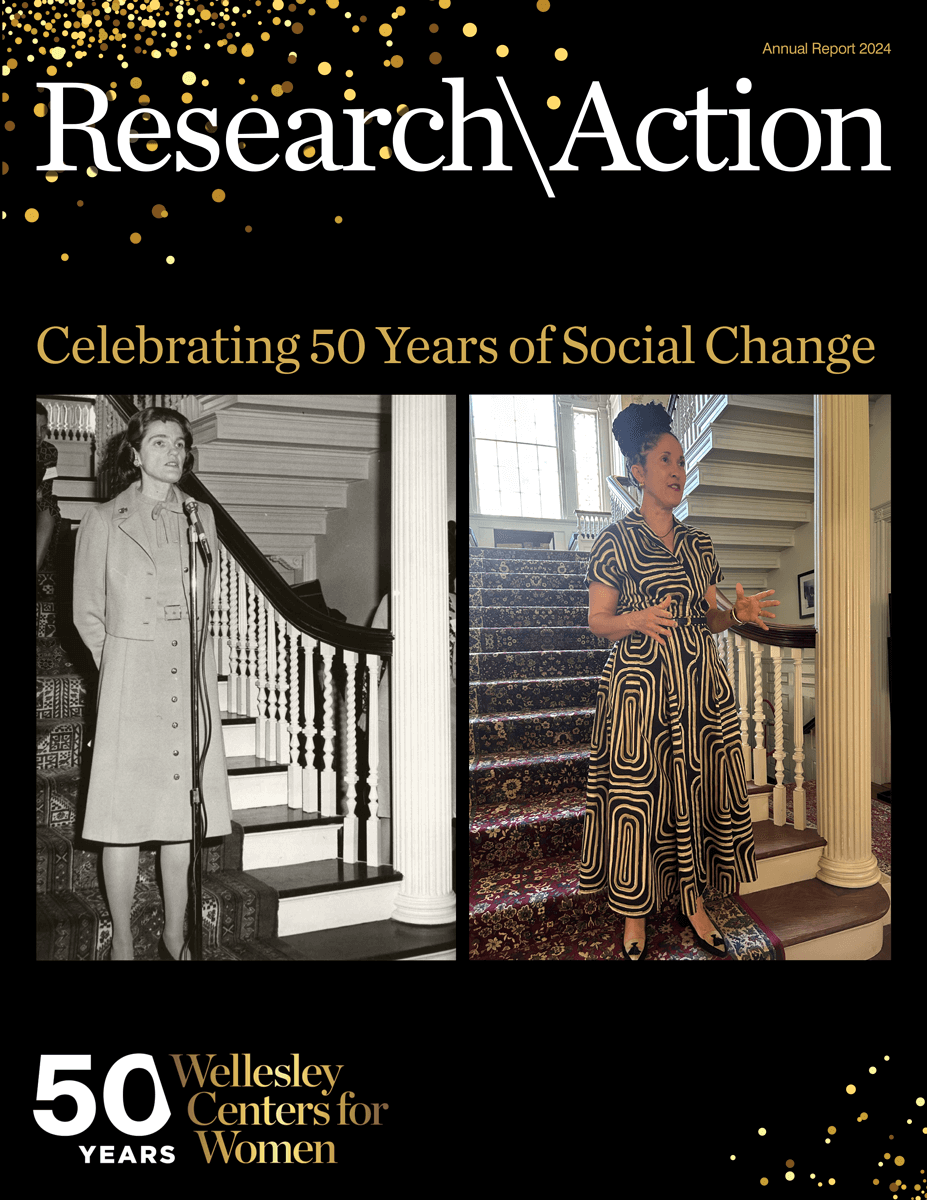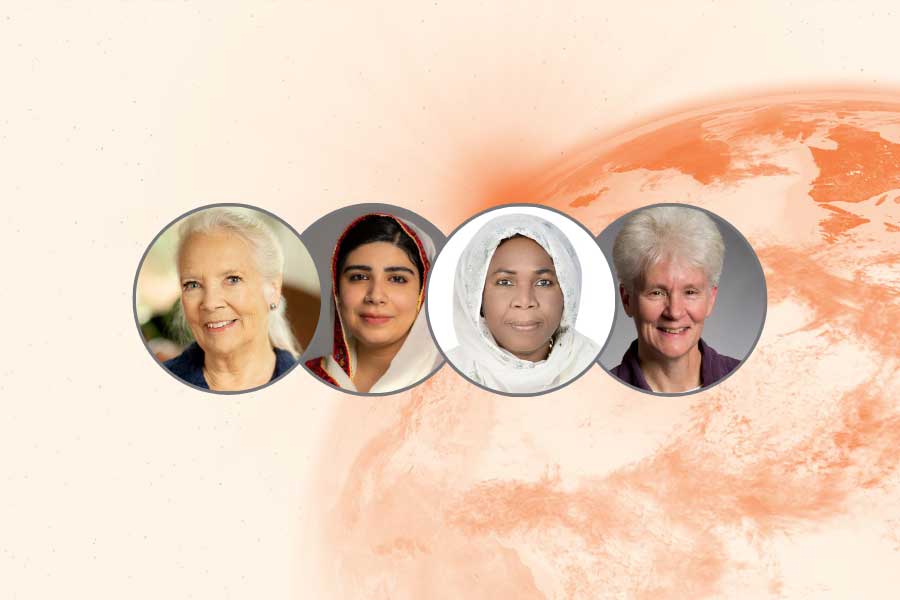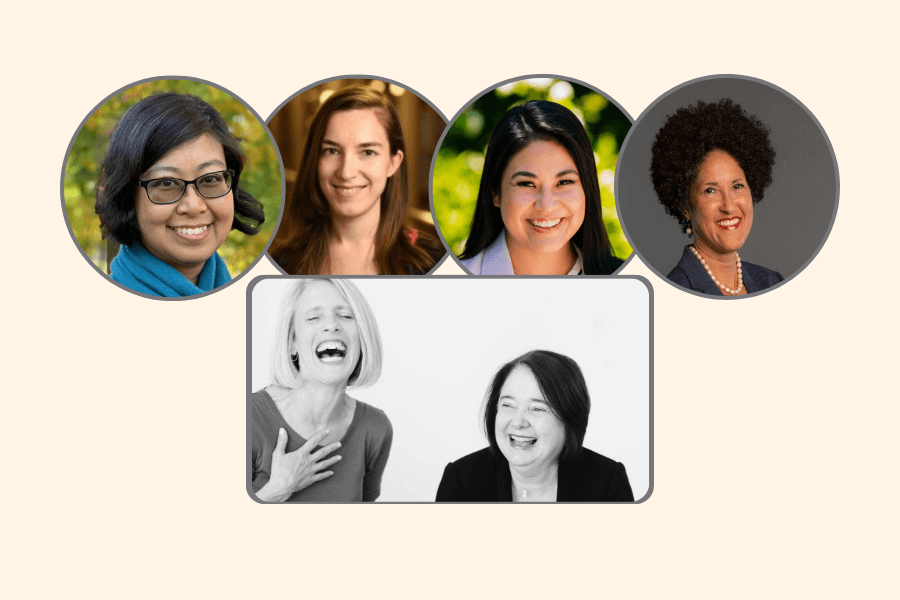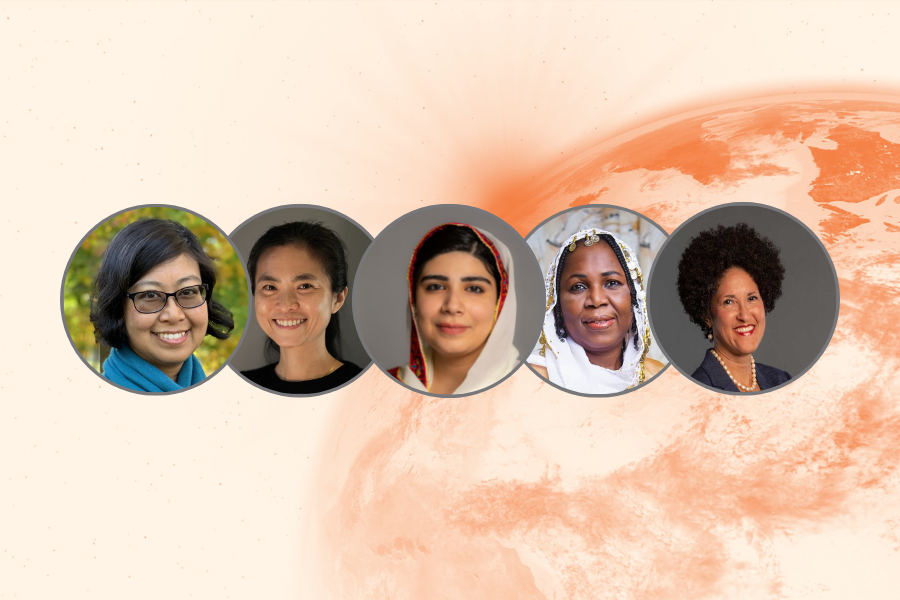By Lori D. Ginzberg for WOMEN = BOOKS
 Recently, someone asked me what surprised me the most in writing a biography of Elizabeth Cady Stanton. Here it is: I foolishly imagined that she is still, as she was in her own time, a household name.
Recently, someone asked me what surprised me the most in writing a biography of Elizabeth Cady Stanton. Here it is: I foolishly imagined that she is still, as she was in her own time, a household name.
Yet even before my book came out, and many times in the months since, the most common question I've heard has been "who was she?"—and this from educated Americans, people of all ages whom one might assume could identify the preeminent activist-intellectual of the nineteenth-century movement for women's rights. People have heard of Stanton's friend Susan B. Anthony ("She's the one on the dollar, right?"). But they seem not to have known that the very air we breathe was transformed by Stanton's analysis of women's right to be viewed, within law, marriage, politics, and religion, as individuals equal to men.
Less surprising have been the questions from those who recognize Stanton as an important founder among the founders of this nation's complex, contradictory, exasperating, inspiring liberal and feminist traditions, and who want to discuss or challenge my interpretation of her flaws. Many people I've talked with are uncomfortable about my claims that Stanton’s elitism and racism were intellectually significant threads in her life, and that her commitment to what I term "stand-alone feminism" is a legacy that continues to shape American feminism in problematic ways.
I tangle with this legacy in my classroom. In addition to my courses in history, I teach undergraduates about feminist theory. There I talk with my (predominantly white) students about how gender identities and feminism itself are complicated and mediated by race and class. They enthusiastically embrace this notion when we read black feminist thought: from Anna Julia Cooper’s 1892 A Voice from the South to The Combahee River Collective Statement to Kimberlé Crenshaw’s work on intersectionality or Dorothy Robert’s Killing the Black Body, they are perfectly willing to criticize white women's claim to reflect and represent "womanhood" itself.
They begin to grasp, I hope, the idea (which I have addressed, more or less explicitly, in all my scholarly writings) that white, middle-class women’s identities are as complicated by race, class, ethnicity, nation, and religion as are those of women of color, poor women, non-Christians and so on—even that the notion of gender as a separate, "stand-alone" identity is one way that white, middle-class Americans have historically shaped and obscured their own class and racial interests.
But when we talk about Elizabeth Cady Stanton (or Mary Wollstonecraft or Betty Friedan) they forget. The idea that what many Americans consider "feminism" is itself flawed by the implicit assumption that any one group—typically a dominant, privileged one—can serve as the exemplar of womanhood turns out to be harder to sustain than it sounds. Elizabeth Cady Stanton, they insist, for all our theoretical critiques, shaped and represented a feminism that "rose above" such concerns, that transcended such "group" identities as class, race, and religion merely by declaring its own experience and vision a universal one.
It is a measure of Stanton's success that my students have difficulty recognizing her ideas, so radical in her own time, as radical at all; they are so logically, so unquestionably, at the heart of our notions of individual rights. But for all her greatness and charisma and achievement, Stanton's inability to think beyond her own experience as the exemplar or model of womanhood itself is a legacy, and a loss, that limits us still.
 Lori Ginzberg is a professor of history and women’s studies at Penn State University. She is the author of several books, the most recent of which is Elizabeth Cady Stanton: An American Life (Farrar, Straus, Giroux, 2009).
Lori Ginzberg is a professor of history and women’s studies at Penn State University. She is the author of several books, the most recent of which is Elizabeth Cady Stanton: An American Life (Farrar, Straus, Giroux, 2009).
Read the review of Elizabeth Cady Stanton: An American Life by Alison Sneider in the July/August 2010 issue of WRB.

.jpg)
